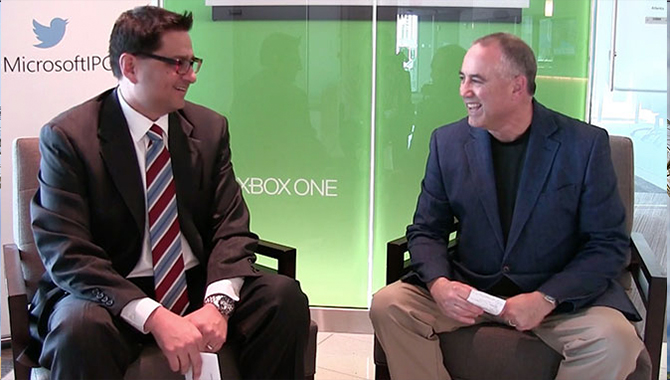
An artist’s concept of the Mars 2020 Rover with SuperCam remote-sensing instrument.
Credit: NASA
An innovative approach to teaching business courses puts the spotlight on NASA JPL knowledge management.
Harvard Business School (HBS) recently completed a 13-page case study on knowledge management at NASA’s Jet Propulsion Laboratory (JPL). The 2016 case study, a follow-up to a 2002 HBS case study, describes JPL knowledge management challenges and focuses on how knowledge is transferred between projects in the Mars Exploration Program.
Entitled “Transferring Knowledge Between Projects at NASA JPL,” the Leadership and Managing People case by Dorothy Leonard and Christopher Myers is based on data collected through phone interviews with numerous JPL employees. Leonard, the William J. Abernathy Professor of Business Administration Emerita at HBS, coauthored both JPL knowledge management case studies.
The 2016 case explores knowledge management challenges facing Mars 2020 Mission Manager and JPL Fellow Jennifer Trosper, specifically her decision on whether to seek funding for a hands-on training program building miniature, instructive versions of a Mars surface vehicle. The case describes her decision in light of projections that JPL could lose half of its workforce to retirement over the next decade. The case says Trosper found herself ruminating over data with critical implications for Mars 2020 as well as all future JPL competencies.
The case includes the perspective of JPL Chief Knowledge Officer David Oberhettinger, who says the loss of critical knowledge presents a problem uniquely difficult for JPL because so much critical NASA knowledge cannot be found elsewhere.
“A key takeaway from the case study is that JPL has unique knowledge,” says Oberhettinger. “If we lose an expert on Mars entry, descent and landing, where do we go to find a replacement? There’s no other organization in the world that successfully lands on Mars. Few venture into deep space.”
He expects that exposing Harvard MBA students to the JPL example will be useful to them in their careers. “With the decline of the manufacturing sector, most U.S. industries are knowledge industries. MBA graduates have to know how to hire people with the right kind of knowledge, how to capture, retain and share knowledge, and how to mitigate the risk of losing product-critical knowledge,” says Oberhettinger. “If you’re successful in business, it’s because you do something better than your competitors, and today, that mostly involves husbandry of some sort of key knowledge.”
In 2002, Harvard developed a NASA knowledge management case study, entitled “Managing Knowledge and Learning at NASA and the Jet Propulsion Laboratory (JPL).” The case examined then-JPL chief knowledge architect Jeanne Holm’s decision points on which knowledge management initiatives to back and how to encourage cultural change that was needed in the face of increasingly tight budgets and a serious loss of knowledge due to the “faster, better, cheaper” mandate for Mars missions and the retirement of key personnel.
HBS pioneered the case method, which the school considers the best way to prepare students for the challenges of leadership. Initially called the “problem method” when developed by HBS faculty in the 1920s, the case method requires students to analyze real-world challenges confronting leading companies, nonprofits and government organizations from the perspective of an actual business leader and then provide solutions.
The case method of teaching has been widely adopted by business schools as an innovative approach to helping students become skilled leaders. An HBS student will study approximately 500 cases during the two-year MBA program. HBS faculty write over 80 percent of cases sold worldwide and produce approximately 350 new cases per year.









